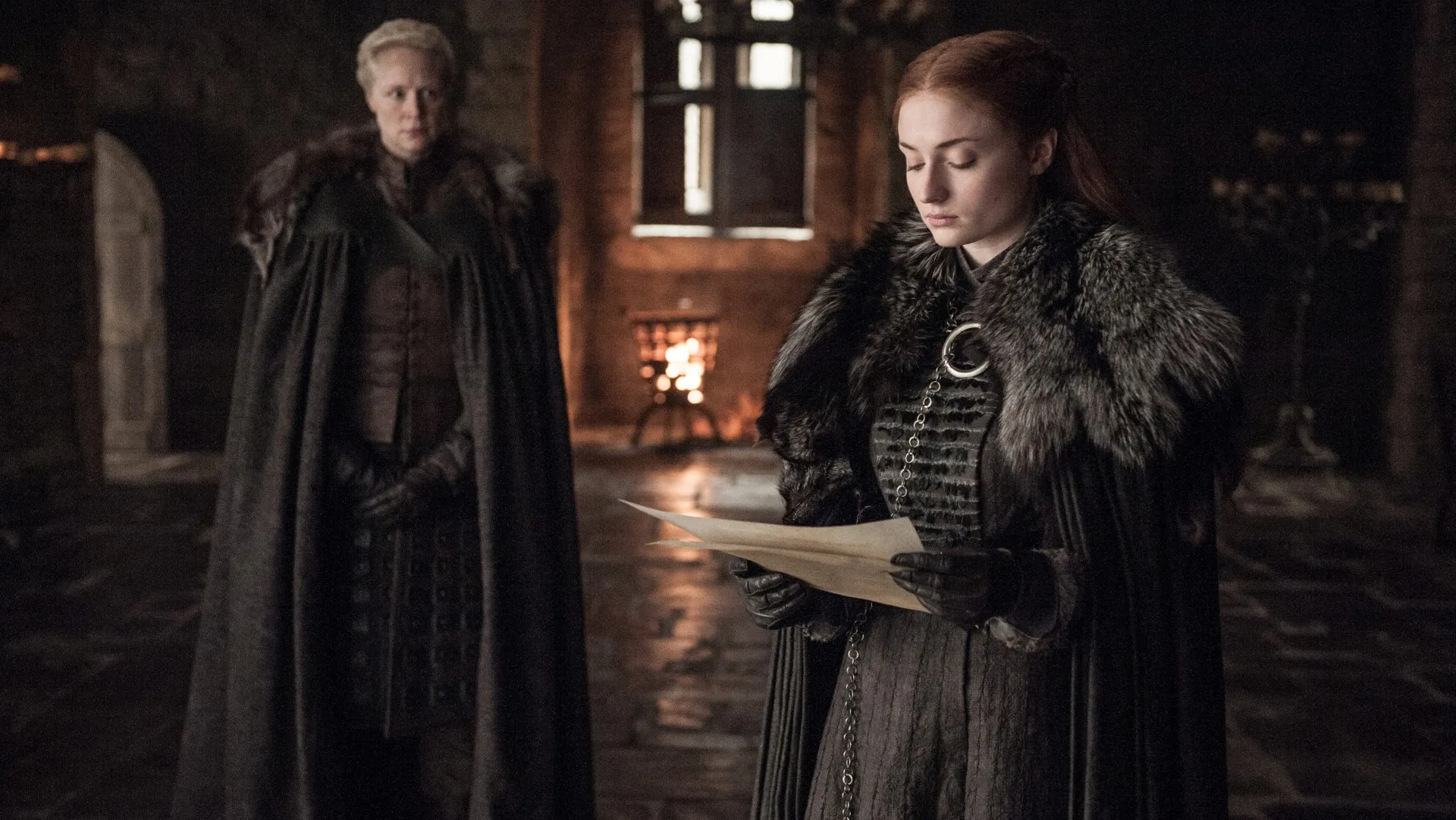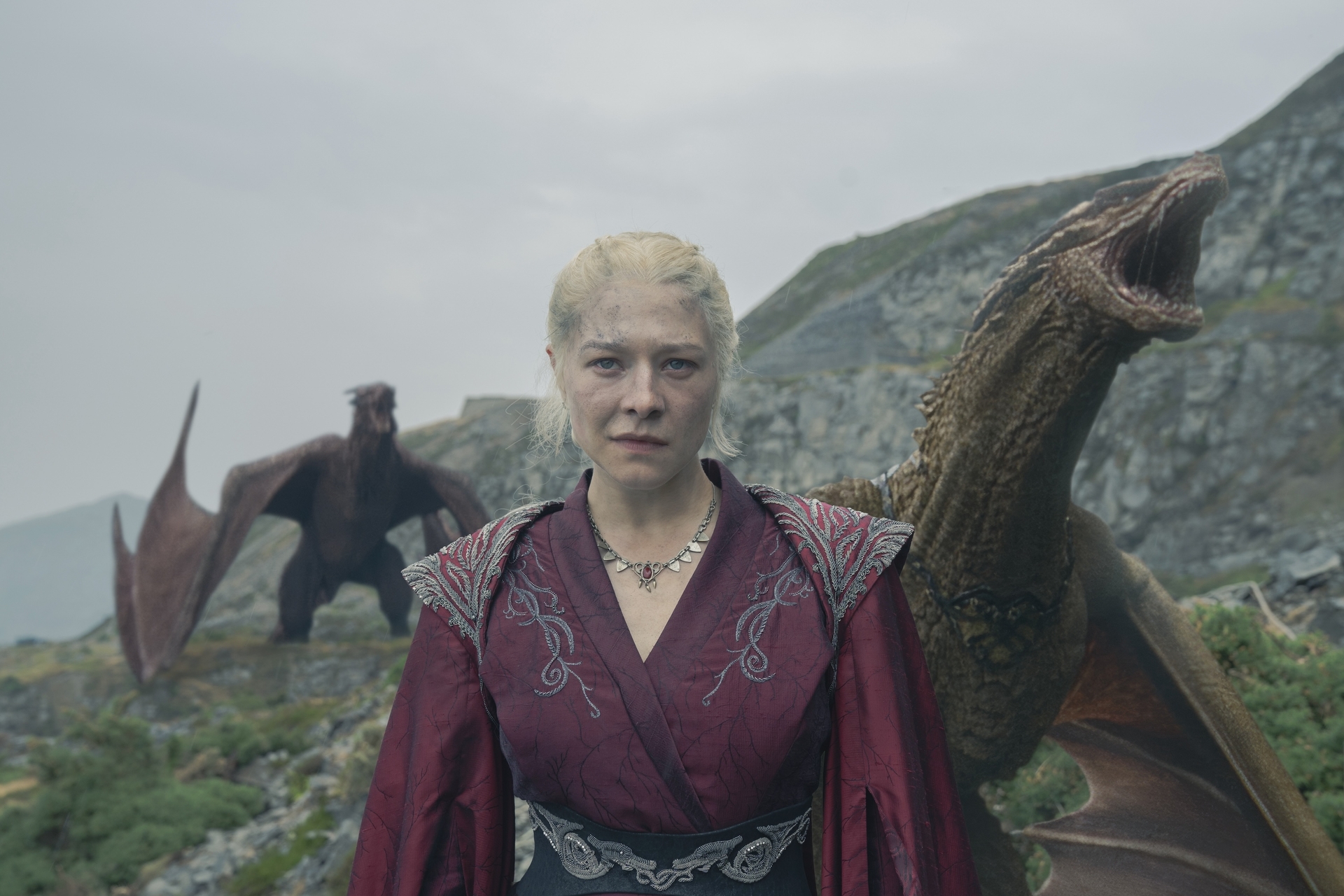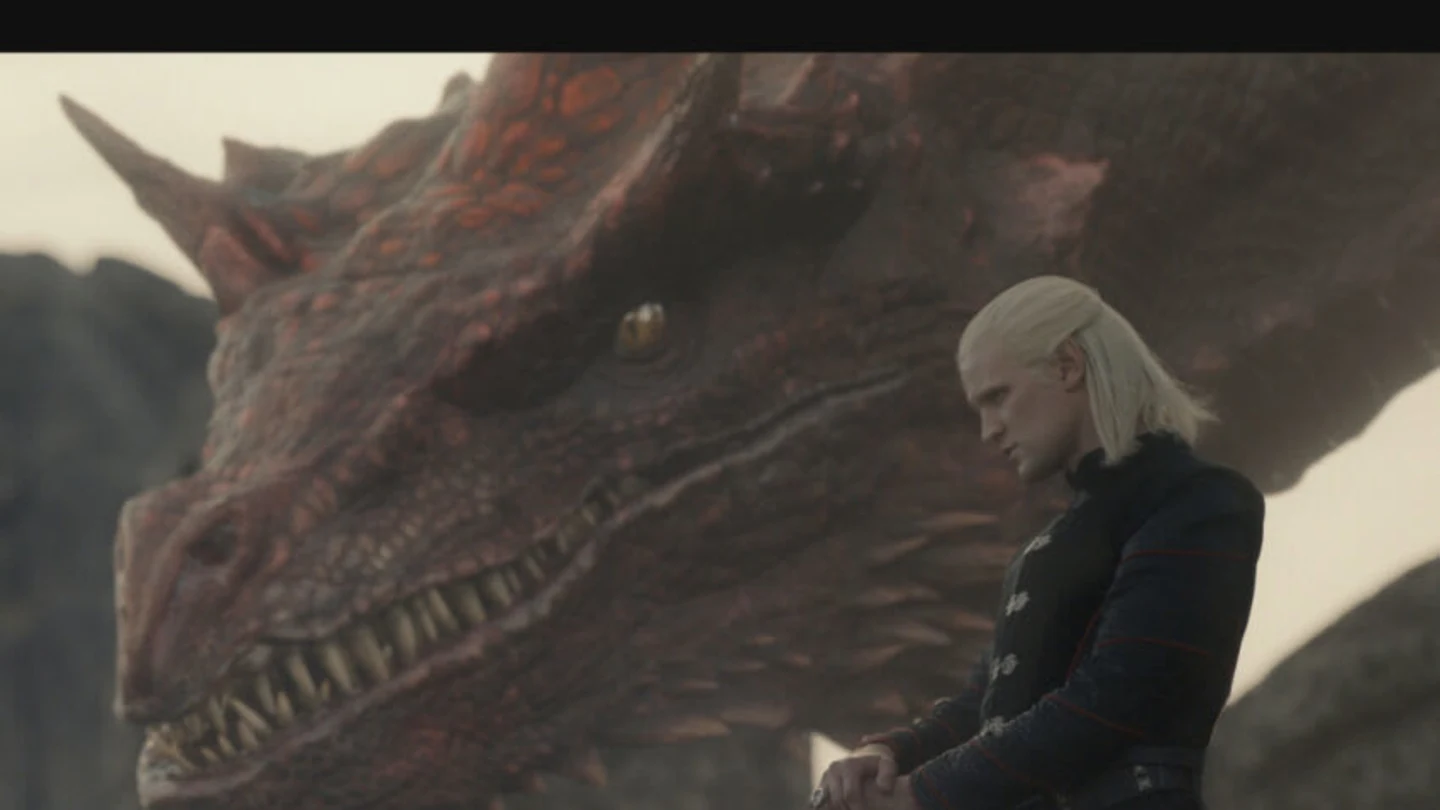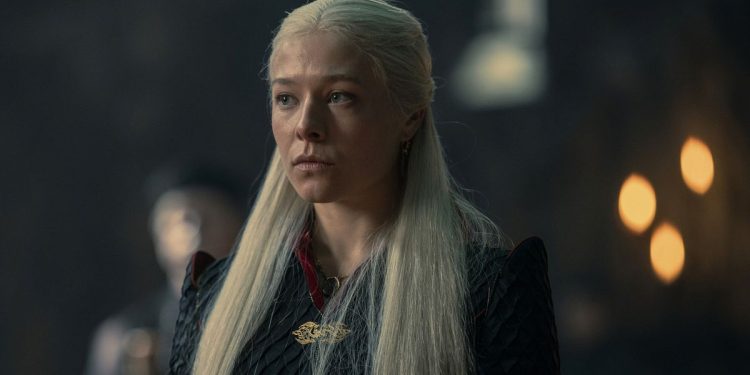In the tumultuous world of TV adaptations, showrunners often face a Herculean task: staying true to beloved source material while crafting a show that resonates with both new viewers and die-hard fans. Ryan Condal, the current showrunner for HBO’s House of the Dragon, finds himself at the center of controversy, much like his predecessors David Benioff and D. B. Weiss, the minds behind Game of Thrones. This tension reached a peak with the adaptation of the infamous Blood & Cheese incident in the show’s second season, which has led to a significant backlash against Condal.

The Blood & Cheese Controversy: A Creative Misstep?
The second season of House of the Dragon ventured into one of the most brutal and shocking episodes from George R.R. Martin’s Fire & Blood, the Blood & Cheese incident. However, the adaptation took liberties that did not sit well with fans and Martin himself. Traditionally, in such adaptations, maintaining the dark essence of the original work is crucial, but Condal’s version notably omitted key elements and characters, such as Prince Maelor, leading to a diluted portrayal of the event.
Condal’s defense of his decisions highlights a desire to subvert expectations and deliver a unique viewing experience. In a statement on the official HOTD podcast, he remarked, “Rendering an adaptation that remains very faithful to it [Fire & Blood] and respectful to it, and sometimes will not do exactly the thing that the audience expects or has read in the text.” Despite his intentions, this approach sparked significant criticism from both Martin and the audience, pointing to a potential misalignment with the series’ fanbase and its established lore.

Fan Reactions: A Resounding Call for Fidelity
Fans took to social media to express their disappointment and frustration over the perceived arrogance in altering well-established narratives. Tweets ranged from humorous misunderstandings to outright indignation, with comments like:
These reactions underscore a broader sentiment that the sanctity of the original work should be preserved, especially when it comes to pivotal, defining moments of the narrative.
Historical Echoes: The Shadows of Game of Thrones
The situation Condal faces is not without precedent. His predecessors, Benioff and Weiss, navigated similar choppy waters with the latter seasons of Game of Thrones, particularly when they moved beyond the books into unwritten territory. Their decisions were met with mixed reviews, affecting the legacy of what could have been a universally revered series. Unlike Benioff and Weiss, Condal has the complete blueprint of Fire & Blood to guide him, yet his deviations have led to accusations of unnecessary tampering.

Looking Forward: The Path of House of the Dragon
As House of the Dragon continues to unfold, the tension between creative adaptation and fidelity to source material remains a hotly debated topic. The challenge for Condal and his team is to find a balance that respects Martin’s complex world while evolving the narrative in a way that feels both fresh and true to the spirit of the original saga. The coming seasons will prove crucial in determining whether Condal can adjust his approach to win back the trust of the fans or if he will continue to be seen as a divisive figure in the annals of Westeros.
In the world of high fantasy adaptations, where the line between innovation and infidelity is razor-thin, Ryan Condal’s journey through Westeros is a testament to the enduring struggle of transforming revered texts into living, breathing television. How he navigates this path will likely define his legacy—either as a visionary or as a cautionary tale in the annals of adaptation history.









